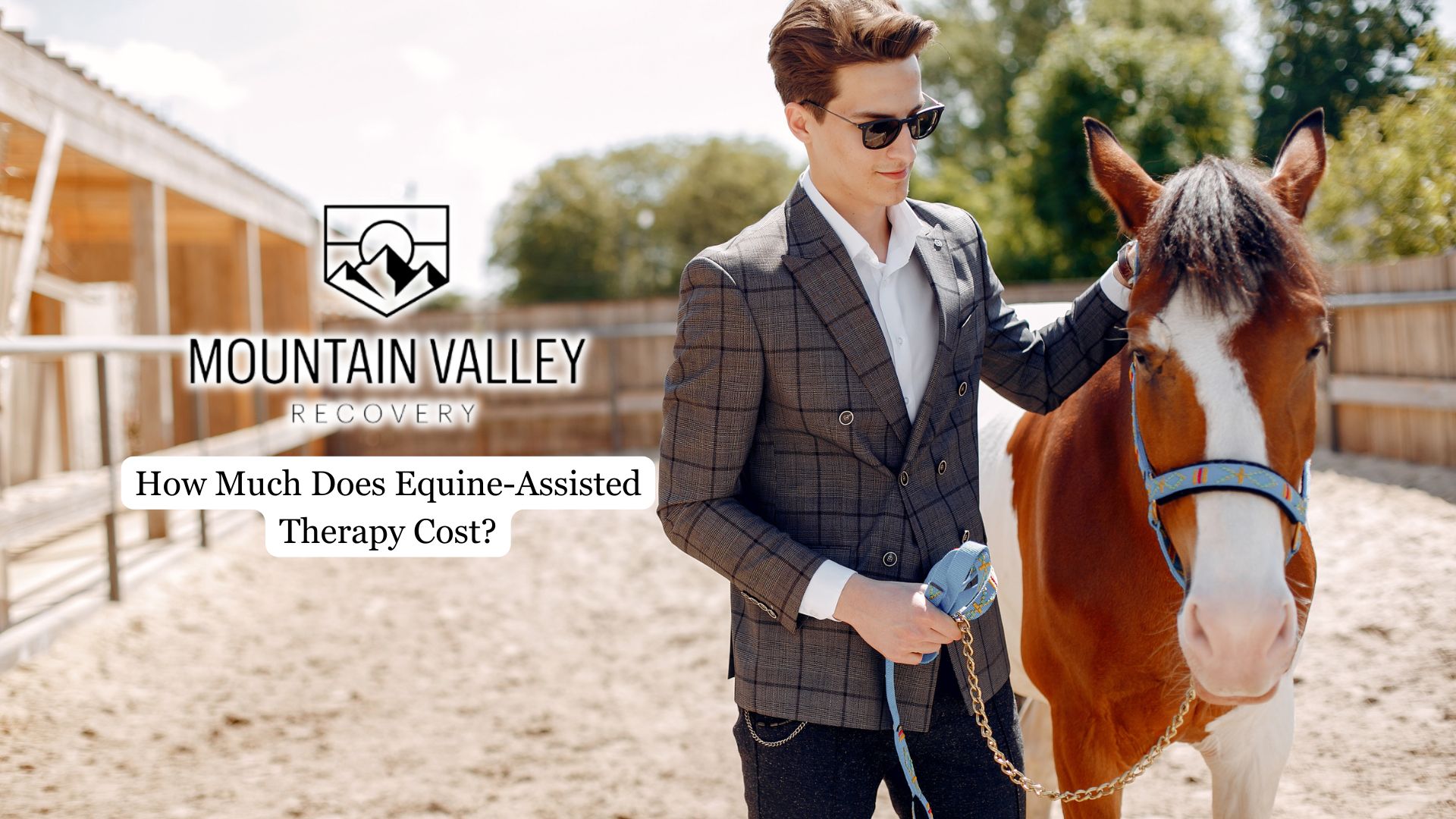Equine-assisted therapy, an innovative and effective approach to addiction, mental health and physical rehabilitation, has gained recognition for its ability to promote emotional growth, enhance motor skills, and improve overall well-being. However, understanding the financial aspects involved is essential for individuals and families considering this therapeutic option.
This article explores the various expenses associated with equine-assisted therapy, providing a comprehensive guide to help you make informed decisions about this transformative treatment.
Factors Affecting Equine-Assisted Therapy Costs
The pricing structure of equine-assisted therapy programs is shaped by a combination of factors, making it crucial for clients to carefully consider their specific requirements and financial constraints when exploring this therapeutic approach.
The type of therapy being provided, such as therapeutic riding, equine-assisted psychotherapy, or hippotherapy, is a key determinant, as each modality demands different levels of expertise and resources.
The qualifications and experience of the therapists and equine specialists involved also significantly influence the cost, with more experienced professionals often commanding higher fees.
Facility-related expenses, including the size, location, and quality of the center, can further affect costs, as larger or more specialized facilities may have higher operational budgets.
The care and maintenance of therapy horses, which includes feed, veterinary care, training, and equipment, can constitute a substantial portion of expenses, ranging from $500 to $1,500 per horse per month.
Typical Costs of Equine-Assisted Therapy
You can expect to pay between $100 and $135 for individual equine therapy sessions, with a self-pay option of $100 at the time of service.
Group session pricing varies based on specific needs and size. For adaptive riding, the cost per lesson is $332, but donor subsidies reduce your out-of-pocket cost to $110.
Hippotherapy sessions cost $451 per treatment, with your cost reduced to $159 after subsidies.
Many programs offer sliding scale fees based on household income, ensuring the health benefits of equine therapy remain accessible.
Monthly fees range from $40 to $160, making this therapeutic approach financially feasible for most families.

Average Cost of Equine-Assisted Therapy in Utah
The cost of equine-assisted therapy in Utah varies depending on the program type and the provider. Individual equine-assisted psychotherapy sessions usually cost between $100 and $135 per hour, and some providers offer discounted rates for self-pay clients.
Group sessions and specialized programs, like those offered by ranch-based rehab centers such as Mountain Valley Recovery, may include equine therapy costs as part of comprehensive addiction treatment plans that also incorporate other therapeutic approaches and amenities.
Financial Aid and Donor Subsidies
Generous donors provide significant subsidies, like covering $222 of a $332 adaptive riding lesson, leaving you with a more manageable $110 fee. For hippotherapy, subsidies of $292 reduce your out-of-pocket expense to $159 from the full $451 cost.
Financial aid is also available through scholarships awarded on a sliding scale based on your household income. This ensures that no child is turned away due to financial constraints.
You may also qualify for self-pay options, such as a reduced fee of $100 per session, making therapy more affordable at the time of service.
Insurance Coverage for Equine-Assisted Therapy
Many insurance companies don’t cover therapeutic riding sessions, as they’re not considered medical treatments. However, some forms of equine assisted therapy, like hippotherapy, may qualify for coverage if deemed medically necessary.
It’s essential to check with your insurer about your plan’s provisions for equine-assisted psychotherapy and other therapeutic services. Expect to pay anywhere from $50 to $300 out-of-pocket per session, depending on the type of therapy and location.
Additional fees, such as the $25 treatment team cost for psychotherapy, are usually not covered by insurance. Consult your provider to understand your benefits and potential reimbursement options for equine-assisted therapy.
Final Thoughts from Mountain Valley Recovery
When considering the cost of equine-assisted therapy, it’s essential to research and compare different programs to find one that fits your budget and needs.
At Mountain Valley Recovery in Utah, our equine-assisted therapy program provides a distinctive route to recovery and enduring sobriety for men struggling with addiction. Through interacting with horses, you’ll gain a fresh sense of self-awareness, develop crucial life skills, and address deep-seated emotional obstacles in a secure and nurturing ranch setting.





